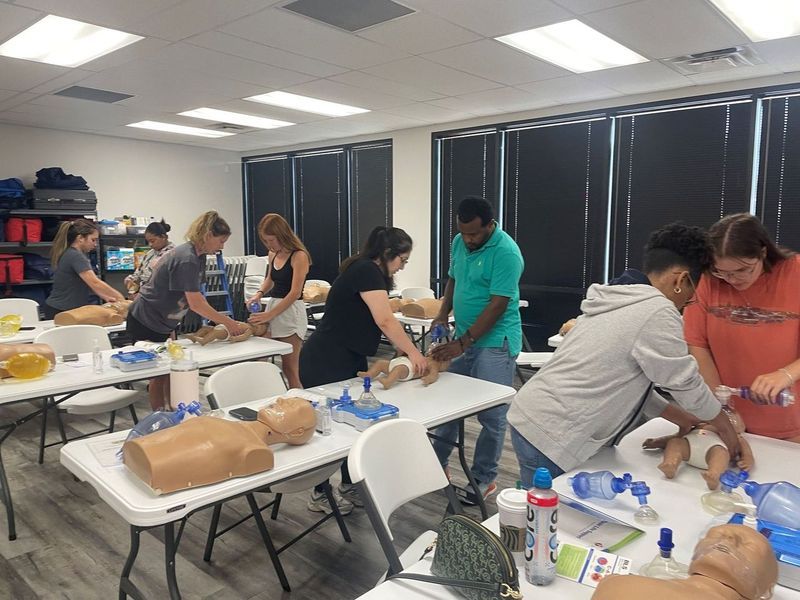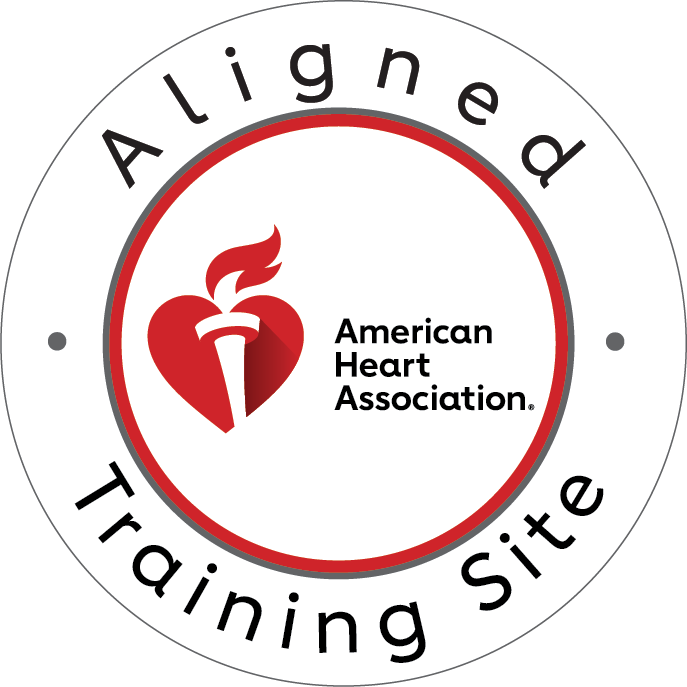The Life-Saving Power of CPR – Why Every Second Counts
Cardiac arrest can strike anyone, anywhere, at any time. Immediate CPR can double or even triple a person’s chance of survival. Yet, despite the overwhelming benefits, many people hesitate to perform CPR when it matters most. Why? Understanding these reasons is key to breaking down barriers and encouraging more people—especially medical providers—to gain CPR certification.

Why Do People Hesitate to Perform CPR?
1. Fear of Doing It Wrong
One of the biggest reasons people hesitate to perform CPR is the fear of making a mistake. Many worry that they might apply too much force, not perform compressions correctly, or cause harm rather than help. However, the American Heart Association emphasizes that doing something is always better than doing nothing. High-quality training, such as the hands-on courses at CPR Indianapolis, equips providers with the confidence and skills to act decisively in an emergency.
2. Fear of Legal Consequences
Some individuals worry about potential legal repercussions if the person they assist does not survive or suffers further injury. However, Good Samaritan laws protect those who provide CPR in good faith. These laws encourage bystanders to take action without fear of liability. A CPR certification course in Indianapolis covers these legal protections, ensuring that medical providers understand their rights and responsibilities.
3. Lack of Confidence in Their CPR Skills
Even trained medical providers may hesitate to perform CPR if they feel their skills are rusty. CPR techniques evolve, and guidelines may change. Regular recertification through CPR Indianapolis ensures that healthcare professionals stay up to date with the latest techniques, boosting their confidence in performing high-quality CPR.
4. Fear of Infectious Disease Transmission
Concerns about disease transmission—especially in the wake of COVID-19—have heightened hesitation around performing mouth-to-mouth resuscitation. However, hands-only CPR (chest compressions without rescue breaths) is an effective and recommended method for laypersons. Medical providers, armed with training and protective equipment, can minimize risks and act swiftly in emergencies.
5. Assuming Someone Else Will Step In
Bystander effect—a psychological phenomenon where individuals assume others will intervene—often leads to inaction. In a medical setting, providers may hesitate if they believe a more experienced professional should take charge. However, immediate action is crucial in cardiac arrest. CPR training at CPR Indianapolis empowers healthcare professionals to step up and take control in critical moments.
How to Overcome the Hesitation to Perform CPR
1. Get CPR Certified or Renew Your Certification
One of the most effective ways to overcome hesitation is to undergo proper training. CPR Indianapolis, an American Heart Association training site, offers BLS for Healthcare Providers, ACLS, PALS, and CPR & First Aid courses designed to instill confidence and competence in every student. Hands-on training ensures that skills become second nature, making hesitation less likely.
2. Refresh Your Skills Regularly
CPR certification isn’t a one-time event. Regular renewal courses help reinforce skills and knowledge. CPR Indianapolis provides stress-free, hands-on training, making it easy for medical professionals to stay current with best practices.
3. Learn Hands-Only CPR and Adapted Techniques
For those who worry about mouth-to-mouth resuscitation, learning hands-only CPR is a great alternative. By focusing on chest compressions, providers can still make a significant impact while reducing concerns about infection transmission.
4. Understand the Legal Protections
Education about Good Samaritan laws can ease fears of legal consequences. CPR Indianapolis covers these laws in training, ensuring that medical professionals understand their legal protections when administering life-saving care.
5. Shift the Mindset: Inaction Is Worse Than Imperfection
The biggest takeaway from any CPR course is that doing something is better than doing nothing. Even imperfect CPR gives a victim a better chance of survival than waiting for paramedics to arrive. Training with CPR Indianapolis reinforces this mindset, helping healthcare providers build confidence in their ability to act in an emergency.
Take Action: Get CPR Certified in Indianapolis Today!
Hesitation to perform CPR can mean the difference between life and death. As a medical provider, you have the skills and responsibility to act swiftly in emergencies. CPR Indianapolis offers the best CPR training in the city, with stress-free, hands-on courses that ensure you are prepared when it matters most.
Don’t let hesitation hold you back. Sign up for a CPR certification course in Indianapolis today! Gain the confidence to save lives and be ready to make a difference.
Stay prepared. Stay confident. Get certified with CPR Indianapolis today!




